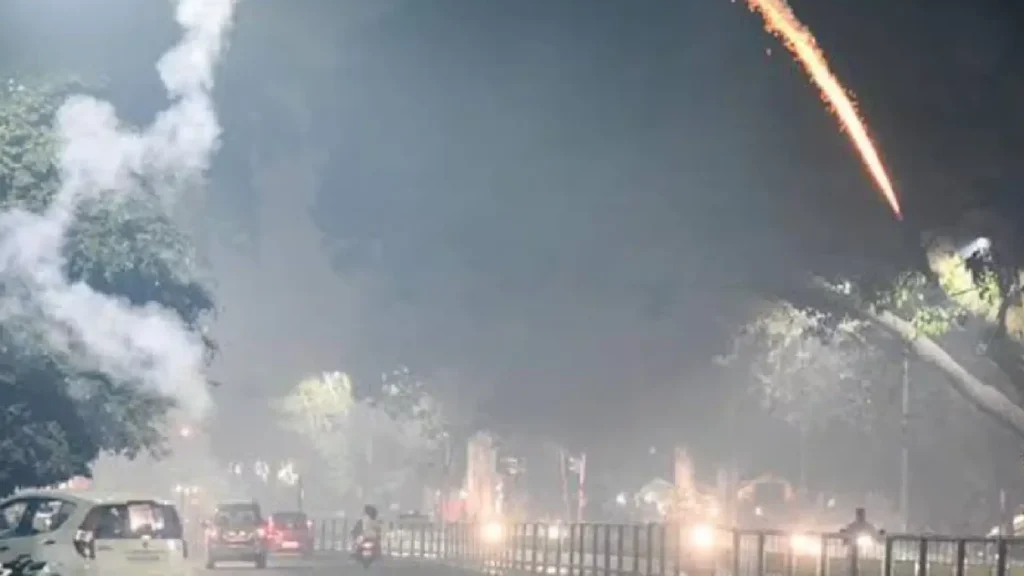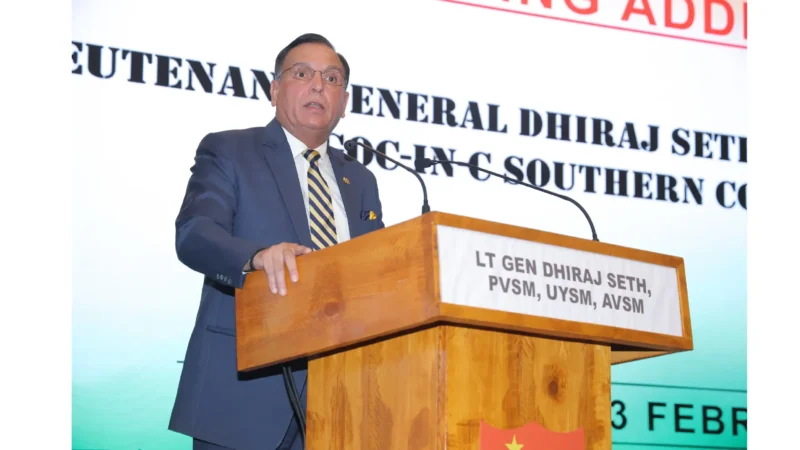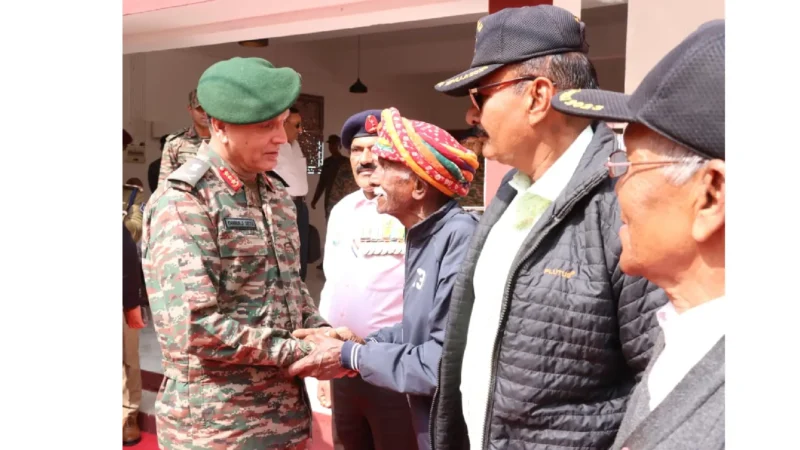Pune’s Air Quality Worsens During Diwali: Pollution Levels Soar to Hazardous Levels Revealed in MPCB Assessment

Pune:
The festive celebrations of Diwali this year have left Pune’s air heavily polluted, with pollution levels skyrocketing to dangerous highs. Data from the Maharashtra Pollution Control Board (MPCB) reveals that the city’s air turned toxic due to the large-scale bursting of firecrackers in Diwali, pushing pollutant levels far beyond the permissible limits.
The MPCB conducted an air pollution assessment at various locations in Pune during the festival. The study covered two key days: from noon on October 31 to noon on November 1, which coincided with Narak Chaturdashi, and from noon on November 1 to noon on November 2, during Lakshmi Pujan. Firecracker activity typically intensifies on Lakshmi Pujan, making it a critical period for the analysis. The board compared data from these periods to capture the impact of firecracker emissions.
The Shaniwar Wada area, a bustling part of the city, saw alarming spikes in air pollution. On Narak Chaturdashi, the average PM 10 level, which measures fine dust particles, was recorded at 135.19 micrograms per cubic meter. By the second day, Lakshmi Pujan, this number surged to 395.96, peaking at an astonishing 1,599 micrograms at midnight. Similarly, PM2.5 levels—a more dangerous pollutant—rose from 51.32 on the first day to 140 on the second day, reaching a staggering 549 by midnight.
Other pollutants also saw significant increases. Sulphur dioxide levels rose from 13.76 micrograms on Narak Chaturdashi to 17.20 during Lakshmi Pujan, with a further spike to 28.05 by late evening on November 2.
The toxic pollutants released during Diwali pose severe health risks. Dr. Sanjay Gaikwad, a respiratory specialist at Sassoon Hospital, warned of the grave consequences of such high pollution levels. “These pollutants penetrate deep into the lungs, enter the bloodstream, and travel to various organs, causing cell and tissue damage. Prolonged exposure can lead to life-threatening conditions like heart attacks, strokes, COPD, and even lung cancer,” he explained. Dr. Gaikwad also urged citizens to take precautionary measures such as wearing masks to protect themselves, especially during peak pollution periods.





